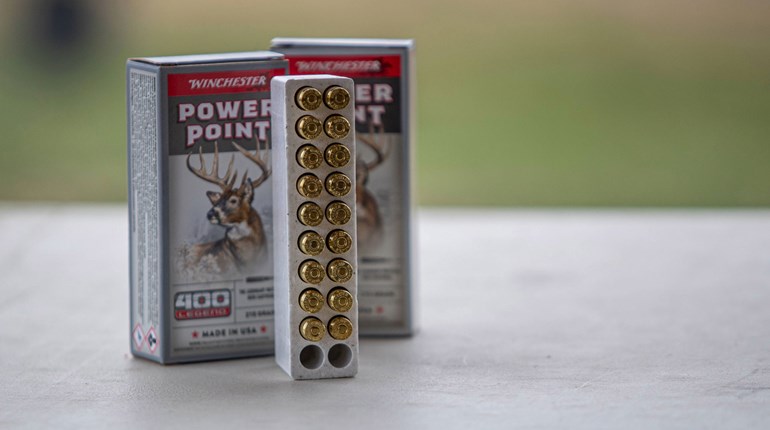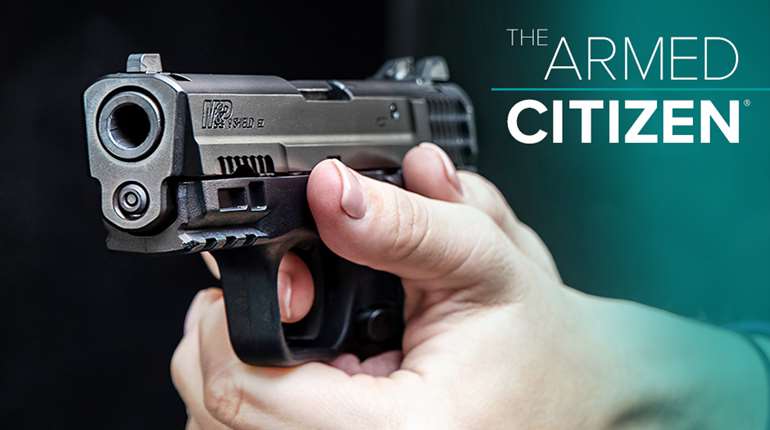
Predators—human criminals as well as wild animals—all have a few things in common. Very importantly, they all know they must choose their prey wisely because the trade they ply is a dangerous one. Coyotes can’t afford to spend massive amounts of energy chasing prey they’ll never catch. Lions don’t like to take the risk of attacking a strong Cape buffalo that can gore them to death with a single swipe of the head. And human predators can’t afford to choose a victim who will shoot back or draw undue attention that leads to them getting busted. All predators choose their prey carefully based on a few key factors. They don’t need all of these factors, but they definitely prefer as many as possible. What you want to do is make sure you don’t display these characteristics:
1. Weakness and Vulnerability
Prey that is too weak to run or to fight back makes a predator’s job easy—and in the case of human predators, easy is right up their alley. After all, if they were hard-working and industrious, they’d probably just have a legit job.
There’s only so much you can do physically to not appear weak or frail, particularly if you are disabled, elderly or petite. But carrying yourself with confidence and wearing clothing and shoes you can move in will help. I’m not telling you to give up pencil skirts and stilettos, but they do make running away more difficult.
Intoxication is another form of weakness, as it dulls your decision-making skills and response time and can lower your awareness or inhibitions. Be conscious of that if you’re going to be drinking in public or with people you don’t know well enough to trust.
Emotional vulnerability is a magnet for human predators, too, because it’s a form of weakness, and because emotionally vulnerable people can be more susceptible to being controlled or manipulated.
2. Isolation or Separation
Physical isolation is dangerous because it lets a predator focus on one target (you) and it greatly decreases the chances that someone else will be able to intervene on your behalf. Be especially cautious when you’re isolated in a transition zone, and avoid being isolated if you’re intoxicated—there really is safety in numbers, especially if you exhibit some of the other characteristics on this list.
In the wild, many predators will seek to separate one animal from the herd to make their job easier. Be wary of anyone who seems to be trying to get you alone—yeah, maybe he’s just a harmless flirt, but maybe not.
3. Distraction
If you are preoccupied or distracted, paying no attention to what’s going on around you (in other words, you’re in condition white), you’ve made yourself an attractive victim. After all, the lion doesn’t try to attack the gazelle that’s been watching it approach from 100 yards away. He chooses a gazelle that’s busy eating or drinking, and he sneaks up on it without the gazelle noticing.
You don’t have to be paranoid, but pay casual attention to what’s going on around you at all times (condition yellow). Make a point to look around you as you walk through transition zones like parking lots—you’ll send a signal to potential predators that you’re aware of what’s going on and you’re not a distracted, easy victim.
4. Fear, Hesitancy or Submissiveness
I don’t mean to sound all macho martial-arts tough guy, but showing fear really is a weakness. Feeling fear is normal and healthy in dangerous circumstances, but the key is to try not to show it. If you show signs that you’re afraid or intimidated, a predator might easily (and accurately) read you as someone who will hesitate to act in your own defense. When it comes to fight, flight or freeze, you want to fight or flee—not freeze.
Acting submissive can paint you as an easy victim to predators who want you to comply with demands, particularly predators you know, such as date rapists or abusive domestic partners. These types of predators usually seem charming and sweet while they are in the victim selection process, looking for someone who will go along with their controlling and abusive behavior.
Projecting confidence in your daily life—carrying yourself with your head held high, making eye contact with people, and speaking in a strong voice—is one way to avoid projecting fear, submissiveness or hesitancy to anyone who might be watching with nefarious intentions.
4. High Value
Like all of us, predators want to get the most bang for their buck. If a fox can kill a fat, juicy rabbit instead of a scrawny one without a lot of extra effort, he will. If a pyramid-scheme conman can rope in a rich man as easily as he can con a guy with no stock portfolio, he will. If a carjacker can steal a Lexus or a Kia, he’ll take the Lexus. And if a run-of-the-bill mugger can rob a lady dripping in high-end jewelry, he’d rather do that than spend the same amount of effort on a woman coming back from the gym with nothing but $5 and a phone in her pocket.
Avoid looking like a high-value target. I’m not telling you not to wear your diamond ring and carry your designer handbag, but don’t go out of your way to flaunt your valuables or exhibit ostentatious displays of wealth, especially in areas where crime is more likely to occur.














































